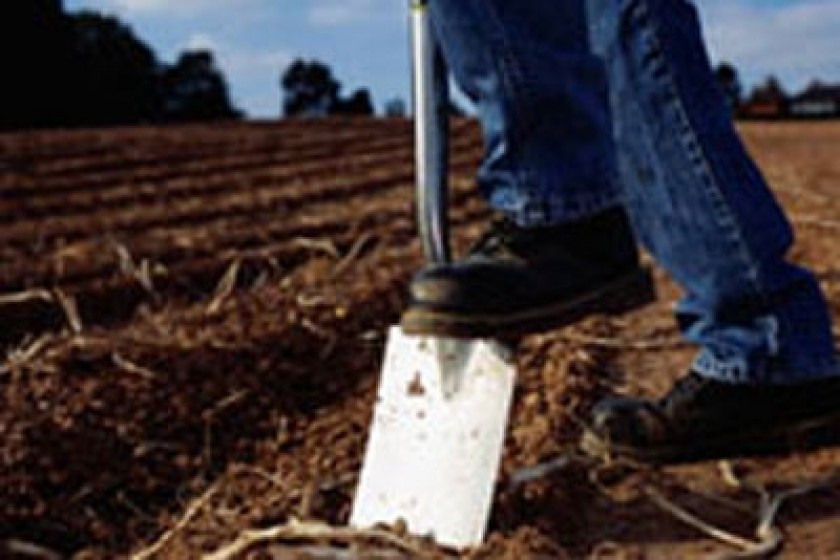
For the first time, poverty is worse in the villages
"In 2003, the village poverty rate had not changed compared to 1996, remaining at 47.7%, which means that overall, half of the village population is poor. Thus, it is safe to say that the economic growth in our country has not decreased poverty rates in rural Armenia," reads "Village Poverty in Armenia's Regions", a study published by the UN development office in Yerevan. The researchers note that before 2003, poverty rates in rural areas were lower than in towns.
Despite the rising poverty in the regions, the government approved the work of regional leaders in 2005.
The Armenian government has provided financial subsidies to regional budgets every year since 1998. In 2004 these subsidies amounted to 11 billion 463 million drams. The government spent an additional 723 million drams in specific investments and 19 billion in other subsidies.
The subsidies are given as grants, which do not have to be repaid, to promote development. But reports from both regional governors and journalistic and other investigations paint a different picture. Rather than using the money to solve the problems outlined in Article 3 of the Law on Local Self-government, "Subsidies for improving the standard of living of the population", community leaders use the subsidies to pay salaries in their administrations and other expenses.
In addition to government subsidies, community budgets are created through land and income taxes, and rent for community-owned lands and pastures. Local authorities were given the job of collecting land and income taxes in 2003, hoping that the motivation factor would improve results. Before that, collection had been done by the taxation authorities, who didn't care much about providing for local budgets.
But, it turned out that the community chiefs had little interest in collecting taxes and rent, either, even after the government offered further motivation in the form of increased subsidies for any community that was effective in tax collection.
If the subsides were spent in the proper way, we would see positive developments in the villages. Because of the lack of control, however, money is spent for the good of the head of the local administration, and maybe his friends and relatives, but not for the good of the community itself. According to Article 106 of the Armenian Constitution, "The community council approves the budget presented by the community mayor, supervises the implementation of the budget, and defines in a legal way the local taxes and fees." The council has the right to check the effectiveness and quality of every transaction, and can ask for a report on expenses made. In reality, investigations show that in many communities the council does not in fact approve the budget, but has little power to stop the mayor from appropriating funds from the budget as he wishes.
The Parliament's supervision committee has been investigating community budgets for two years now. The experts on the committee have not yet been able to figure out how "other subsidies" are provided, in what cases they are provided, and how is it that one village gets money to install gas lines and another doesn't, or what the logic is behind paying off certain individuals' back taxes on land and income. The committee has found that in 2003-2004, there were been expenses in community budgets that were not provisioned in the Law on Local Self-government. Our own research supports this finding.
The main reason why not government subsidies are not properly spent is because the village population has no idea that the government is providing money to the regions. According to Article 27 of the Budget of the Republic of Armenia, legislation must be made public. This means that citizens must be notified when state and local budgets are drafted and implemented; the documents must be either be published in a bulletin of community legislation, or posted on the appropriate notice boards. In rural communities, however, this isn't happening, and the government is in no hurry to do anything about it.
Local mayors, on the other hand, do not hesitate to collect rent for community lands, or to provide pastures without proper leases, putting money into their own pockets, and into the pockets of council members. This may be why councils are lax about scrutinizing reports and prodding mayors to do more for their communities.
 Videos
Videos Photos
Photos




Write a comment